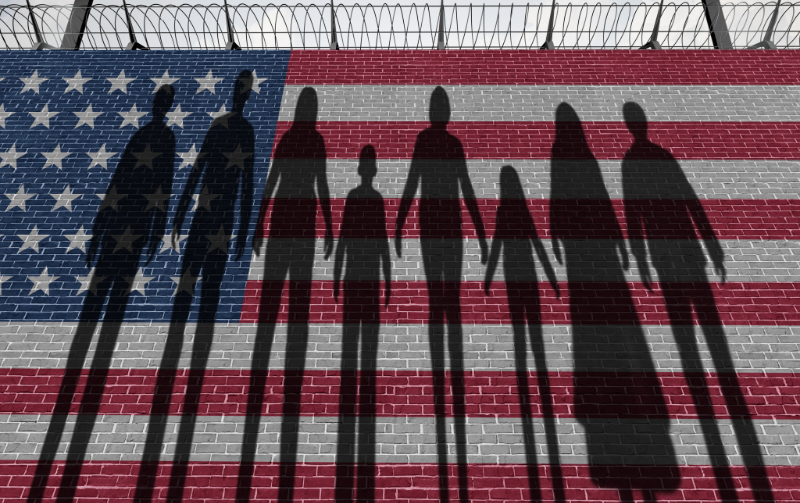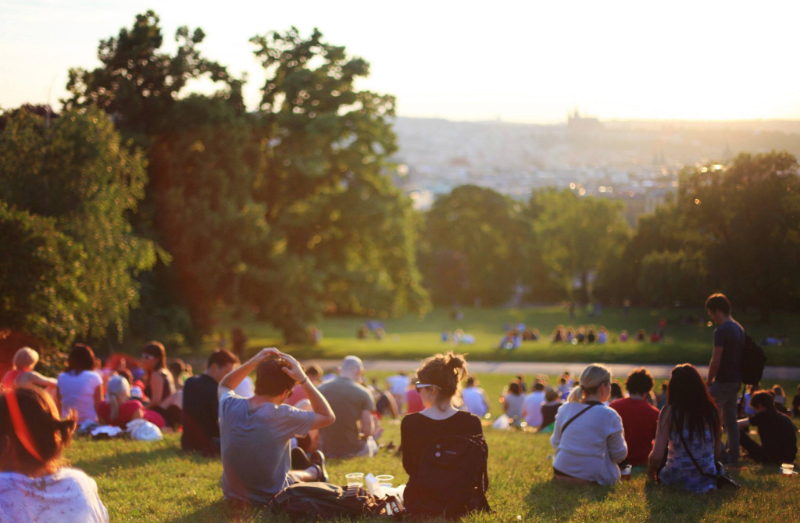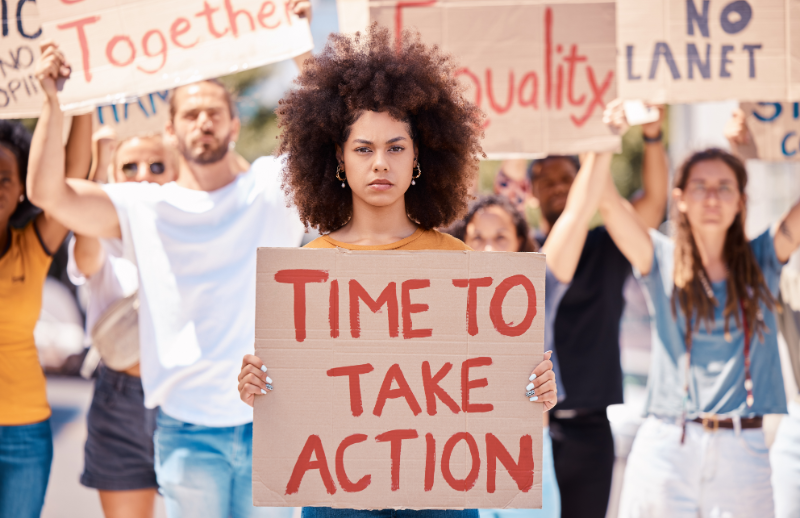19/06/25 |
From Emancipation to Resistance:
Why Juneteenth Still Matters|
Today as we celebrate Juneteenth – the day when, 160 years ago, Union Army General Gordon Granger and 2,000 of his soldiers arrived in Galveston, Texas, to inform enslaved people of their freedom – we are reminded that freedom still remains a dream unevenly realised.
On 7 February 2025, President Trump signed an executive order granting asylum to white Afrikaners from South Africa. Since the signing, 59 farmers were flown into Dulles International Airport in Virginia on a chartered U.S. government flight – all while cutting aid to that very nation, stoking fear with a baseless ‘genocide’ claim that South African Foreign Minister Ronald Lamola insists is untrue and has “no basis”.
All of this is taking place at a time when 700 Marines and over 2,100 California National Guard troops have been deployed around Greater Los Angeles to protect federal buildings from protests and civil unrest. These demonstrations stem from what some would describe as racially motivated immigration raids on marginalised communities across LA. This stark contrast – a warm welcome for some and a militarised wall for others – lays bare the selective sympathy shaping US politics right now.

So, why am I bringing this up, and how does the current state of affairs in the US relate to Juneteenth?
After the Emancipation Proclamation in 1863, and the official announcement from General Gordon Granger to the people of Texas on 19 June 1865, African Americans entered the period known as Reconstruction and began the long and arduous task of reintegrating into society. This involved claiming space and building communities.
For example, in 1870, Hiram Revels became the first African American to serve in Congress. African American communities across the South came together to build their own institutions – schools, churches, and civic organisations that served both practical and symbolic roles.
I’d like to lean into community and the role it plays in shaping a society.
It would be implausible to suggest that communities aren’t the backbone of society. Belonging to a community invokes a sense of pride, purpose, and protection. In your community, you’re able to feel safe, connect with people from similar walks of life, and feel proud of a space you’ve helped to shape.

It is this exact sentiment, in my opinion, that lies at the core of the protests happening in Los Angeles – groups of people of different ethnicities banding together to protect their communities. It could be argued that the actions taking place in the US, in response to the ICE raids, are a mirror image of events during Reconstruction and the Civil Rights era, when African Americans had to unite in defence of their lives and neighbourhoods.
Something I came across recently while researching Juneteenth was this quote by Dr Daina Ramey Berry: “When I think about Juneteenth as Emancipation Day, and I think about this moment, I feel like we still need to be emancipated.”
Dr Berry’s words stayed with me. I feel as though they challenge us to interrogate what emancipation truly means, beyond the legal declarations of the past. If freedom was once defined as the abolition of slavery, then today it must encompass the right to live without fear, to thrive within safe, supported communities, and to exist with dignity – regardless of your race, immigration status, or economic background.
I find myself thinking about emancipation not as a singular moment in history, but as an ongoing process – one that calls us to action again and again. It is within communities that this ongoing emancipation can take root: where neighbours look out for each other, where silence is broken in the face of injustice, and where solidarity transcends skin colour, borders, and stereotypes.
This is the spirit of Juneteenth – to reflect on how freedom is sustained. It reminds us that collective liberation is not possible without collective responsibility. The same way African Americans during Reconstruction built new lives and institutions from the ground up, today’s communities in Los Angeles, across the nation and the globe, are rising to protect what they’ve built. Emancipation doesn’t end with a proclamation. It lives on in the people willing to fight for one another.

Juneteenth challenges us to move past mere symbolism: to question who we deem worthy of protection, to speak out against the smear campaigns and “shit‑hole country” rhetoric, and to extend the promise of liberation to every marginalised community.
So, will we honour Juneteenth by confronting these contradictions – or let its spirit fade into just another holiday?

